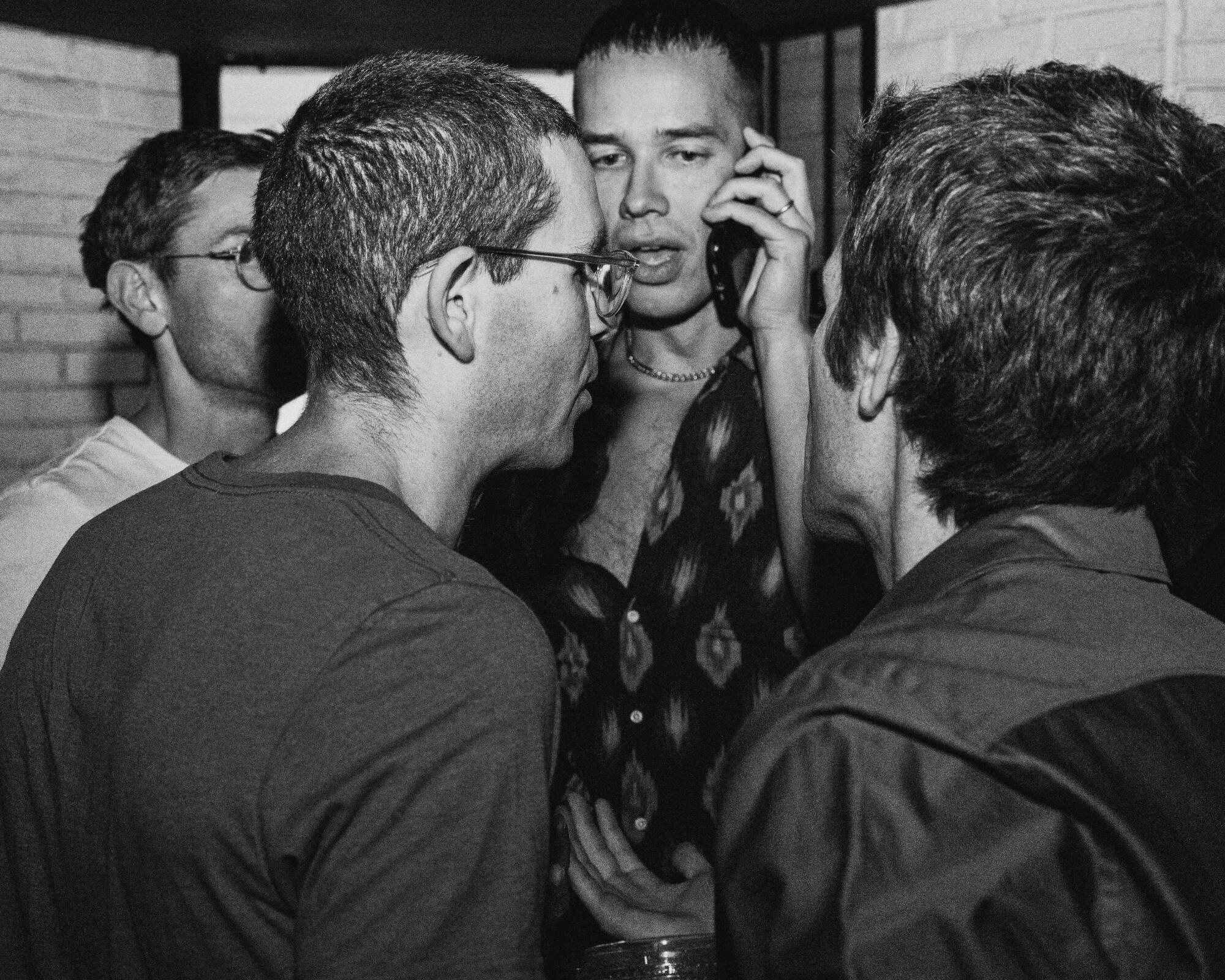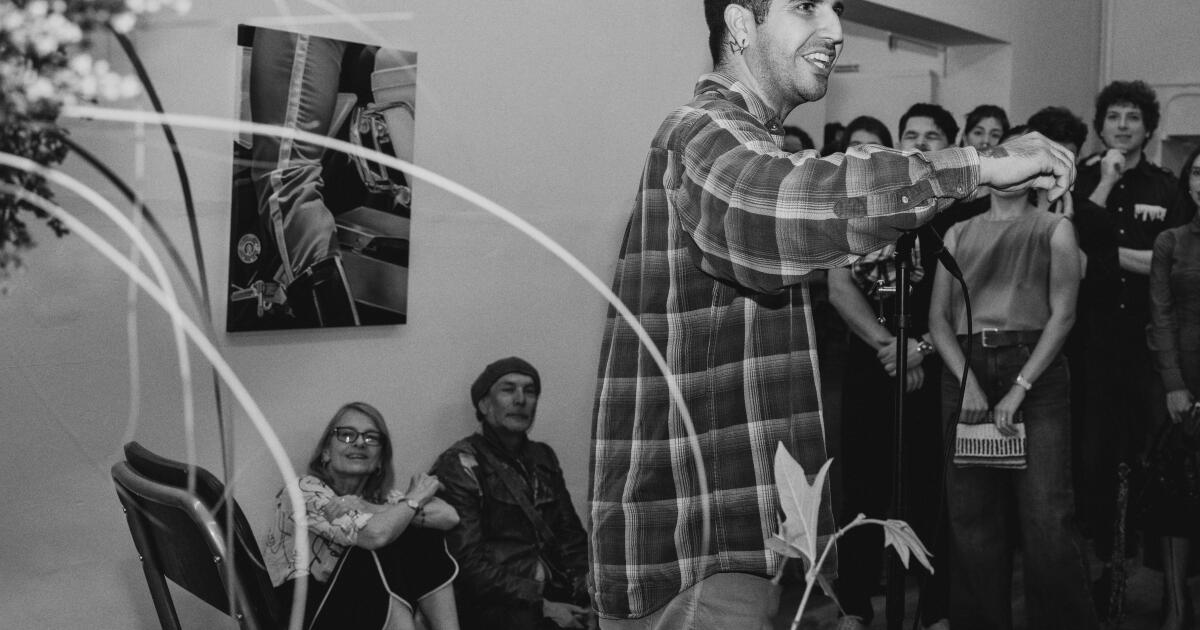Christopher Soto, founder of the Center for California Literature.
Los Angeles has historically been a haven for writers and poets. Thanks to California's urban sprawl and illumination, Los Angeles has nurtured legendary writers from Joan Didion to Octavia E. Butler, created countercultural literary communities like the Watts Writers' Workshop, and inspired Raymond Chandler's The Long Goodbye and Ray Bradbury's Fahrenheit 451.
Despite Los Angeles's contributions to its rich literary history, the literary community is struggling to stay in place as writing spaces and financial support move elsewhere.
Take the National Endowment for the Humanities, which canceled more than $10.2 million to fund award-winning projects in California in the humanities and arts. Or the devastating wildfires in Pasadena and Altadena that destroyed historic libraries And cultural archives.
For writers across the city, Los Angeles can seem like shaky literary ground. This is where Christopher Soto stepped in.
Soto is a poet and author of the debut collection “Terrorist Diaries”, A writer at Image and now the founder Center for California Literature.

The Center for California Literature is Soto's promising initiative to unite writers throughout Los Angeles through readings, conversations and outreach. At a time when writers feel unsupported and concerned about the state of the arts, Soto says the center is needed in Los Angeles more than ever.
Inspiration came after Soto was commissioned by the LA Times to write an article called “Writers on Love and Leaving Los Angeles” about writers forced to leave Los Angeles due to a lack of opportunity. He says that while he was working on the article, it was removed from service. Cause? The book's editor was fired and subsequently had to leave Los Angeles.
“It was so ironic. This article and the research I did for it really made me realize that there was a need for a structural solution. People shouldn't have to choose between having a thriving arts life and having to leave their home,” Soto says.
Soto knew that waiting would only make the literary losses worse; if he wanted change, he said he needed to do it. He reached out to inspiring writers in his community for support and found that people were looking for a place to gather and organize. Roxane Gay, acclaimed New York Times bestselling author of Bad Feminist and Hunger, is one of the center's biggest supporters.
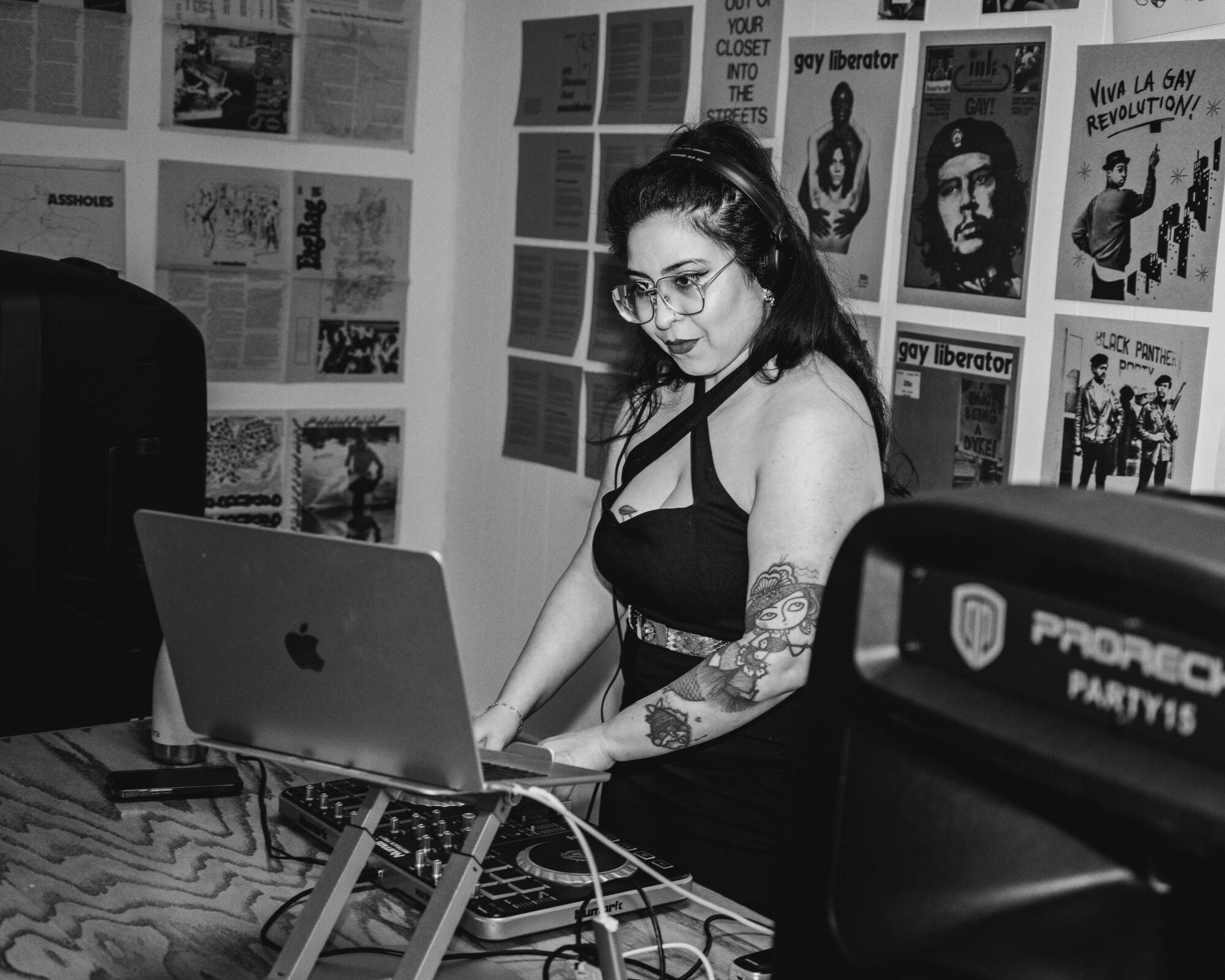
“There are a lot of stories going around that literature is dead or that literary communities are dying, but that's clearly not the case. They are alive and well, and we need to remember that,” Gay says. “Writing is a very solitary endeavor, but while we can write alone, we don't exist as writers only in the public sphere. We need community, whether it's people to share our work with, people who understand our frustrations, or people who will read our work.”
Soto and Gay envision a future in which the center is driven by the needs of writers. Powered by the community, the organization strives to serve poets and writers by providing them with a platform where they can share their work, attend workshops, and create connections among peers.
Gay joined a panel of renowned speakers on the night of the center's official opening, which took place at the new Giovanni's Room gallery in Central Los Angeles and was organized in collaboration with the Los Angeles Review of Books. The pre-launch crowd was bustling with activity, and poets and book lovers were queuing to grab a bite to eat or read from the nearby Libros con Alma pop-up book cart.
The long line approaching the door was full of chatter and reunited friends who entered the lobby and chatted intently to music mixed by DJ Izla. Although the gallery itself was quickly filling up, becoming warm and smelling like baby dolls, there was an energy of excitement and anticipation for beloved authors and a new beginning in the world of Los Angeles writers.

In the corner of the gallery, in front of a paper backdrop and lush potted plants, is a Grammy-nominated contemporary poet. drive a lot stepped up to the microphone to open the night. She was assertive as she spoke, clarifying the pronunciation of her name (ah-ja) and simply reciting poetry she wrote while working as a political organizer in Florida.
As Monet immersed herself in her work, her voice was serious, reserved and full of emotion. With each stanza, she plunged into a satirical and extremely honest musical rhythm. Her poems ranged from swampy, depressing memories of Florida to the nature of poetry and reflections on hypocritical activists.
“A poem can wash, reflect and reveal us / I give thanks for the intimacy that sows poetry / Life that gives birth to poetry,” Monet read.
The crowd hummed and swayed in agreement and applauded in recognition of the sentiments it had captured. After a moving set, Viet Thanh Nguyen picked up where she left off. Nguyen is best known for his Pulitzer Prize-winning debut novel The Sympathizer, which discusses the impact of the Vietnam War on the United States through the lens of a Vietnamese-American immigrant navigating Hollywood's social politics, integration, and racial tensions.
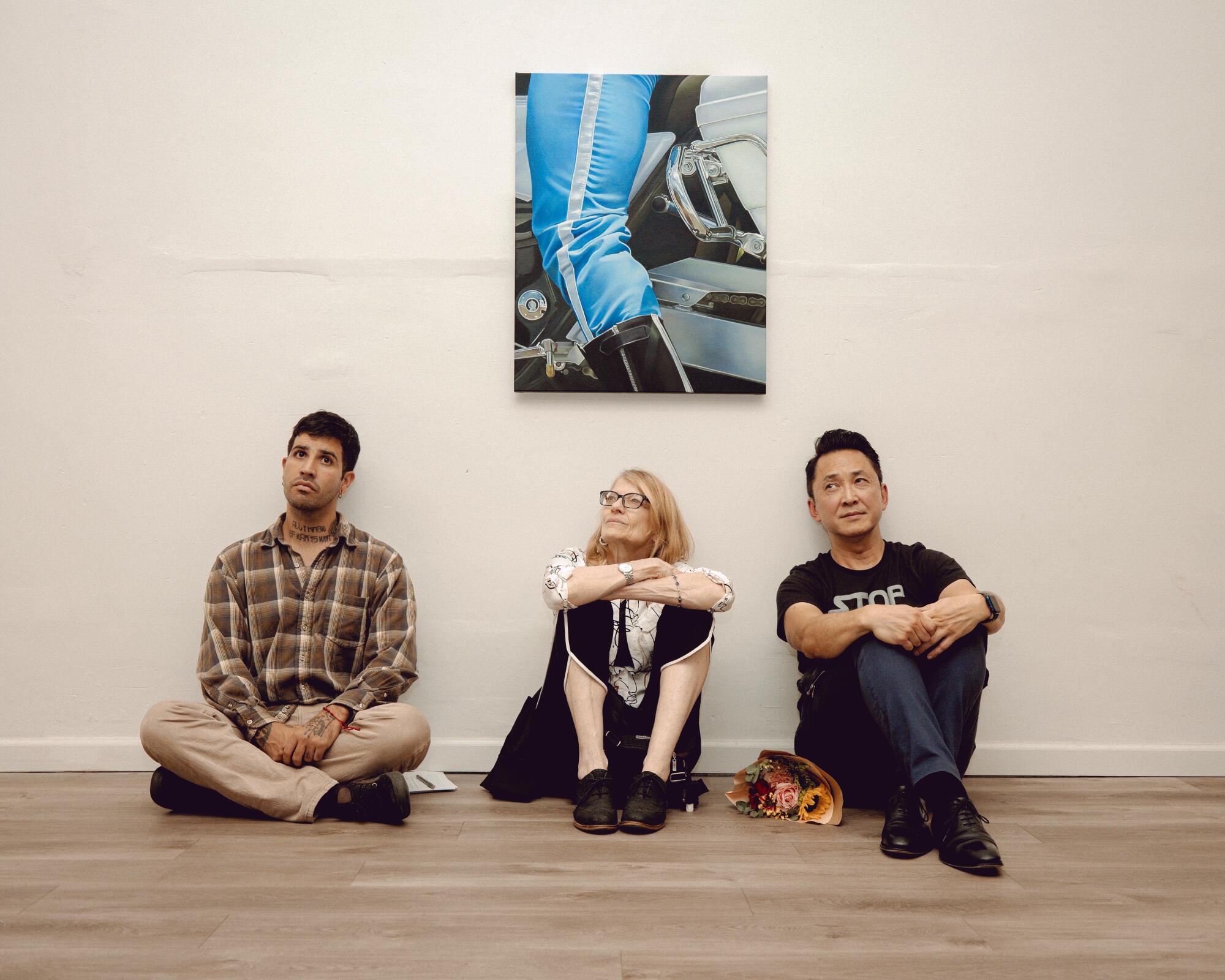
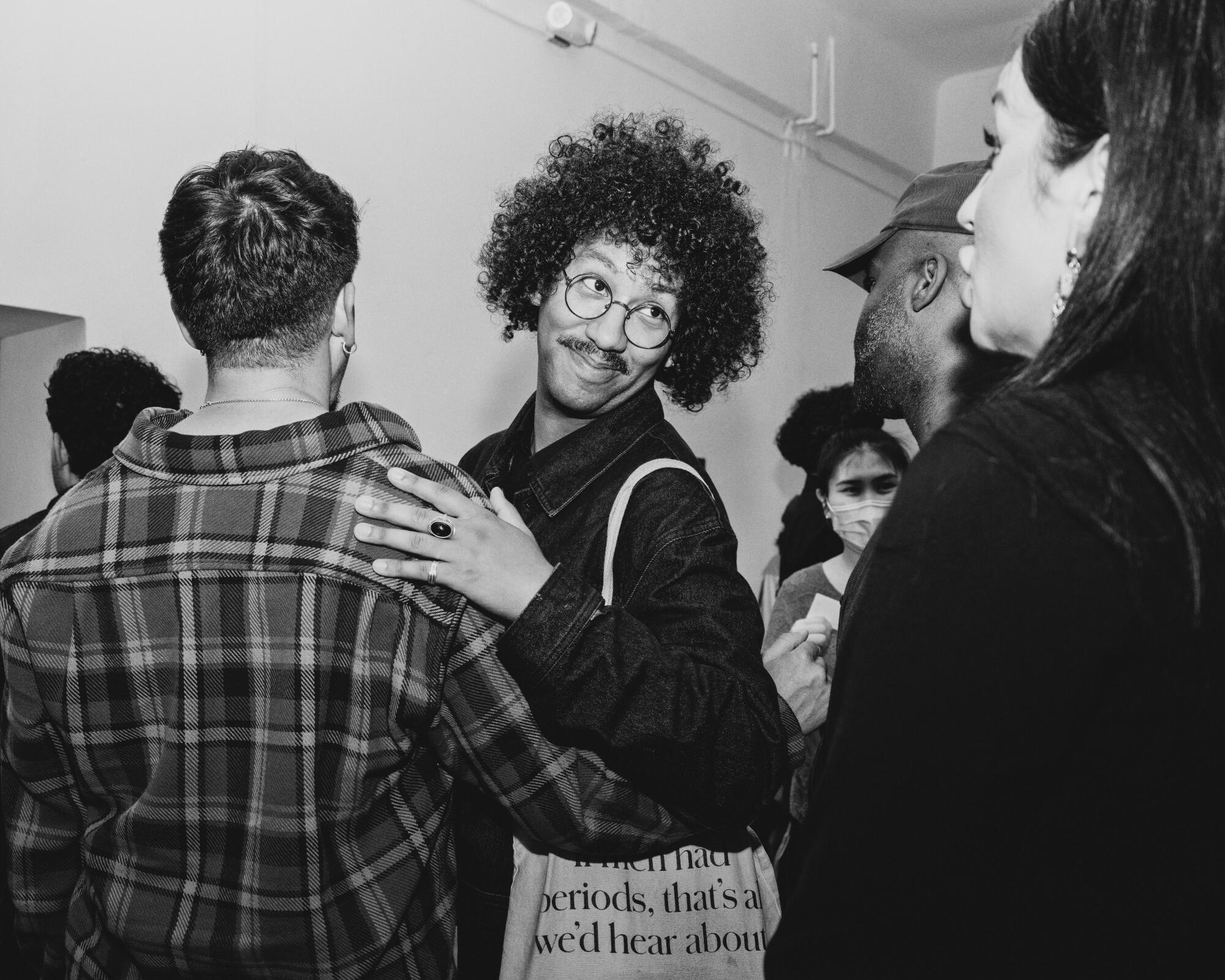
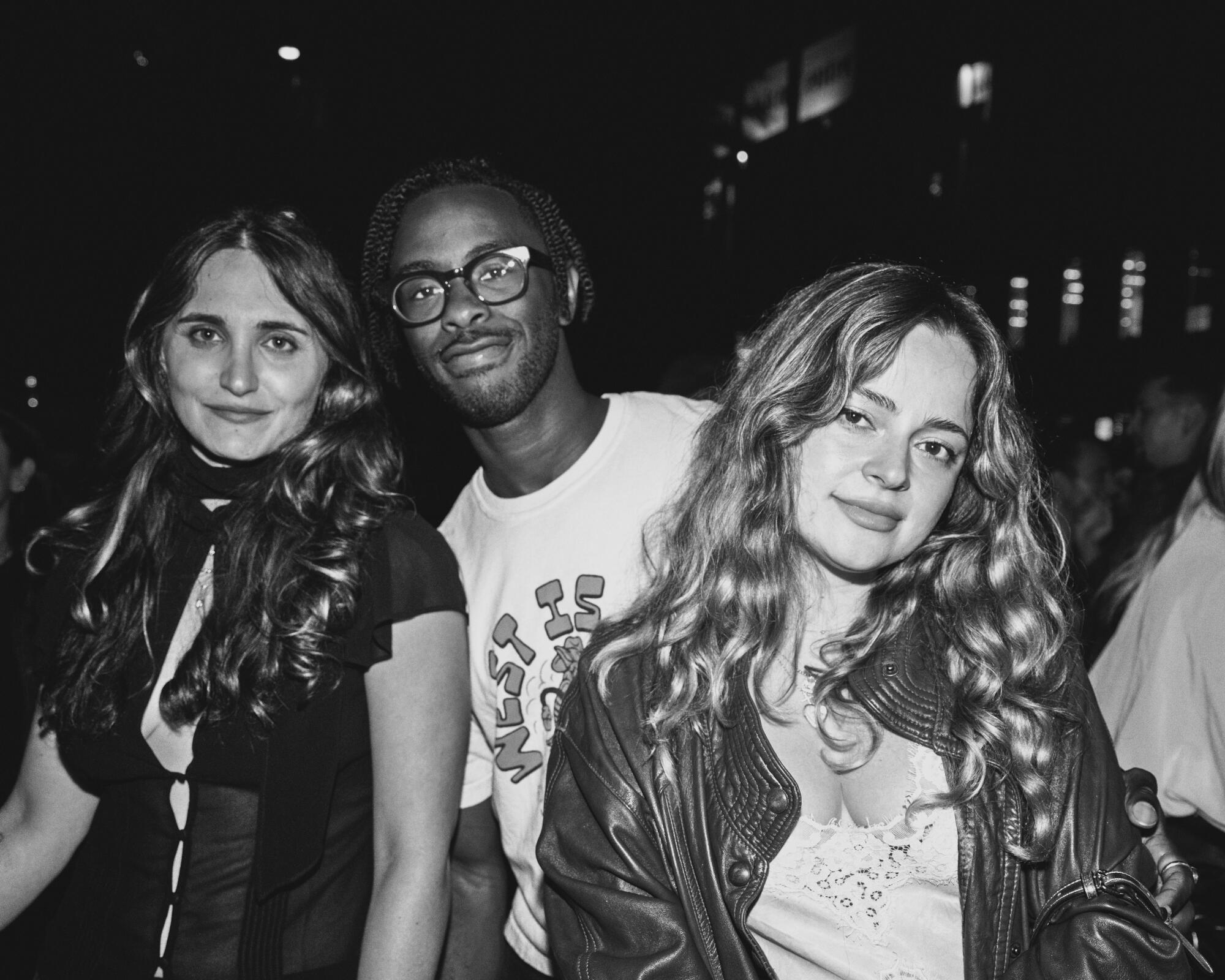



In the section Nguyen read that evening, the main character challenges stereotypes about Vietnamese characters in the film, an attempt that was quickly squashed by a Hollywood executive. When he finished, Nguyen chuckled: The Sympathizer was adapted into an HBO show, placing Nguyen in the very Hollywood spaces he criticized. He admits this and claims that “having spent a lot of time in Hollywood, no one disputes this characterization.”
Author, actor and TV writer Ryan O'Connell complemented the conversation with a lengthy reading of The Slut Diaries, an exploration of rediscovering sexuality in his 30s as a gay man with cerebral palsy. His thoughts on sex and dating through the lens of gay and disabled identity, and the hilariously vulgar encounters that followed, drew boos and hoots from the crowd.
Camille Hernandez, an Anaheim Prize-winning author and poet, was among O'Connell's laughing audience.

“I love being from here and I want to elevate literature from here. It's really wonderful that you can come from somewhere with such a rich literary heritage, but it's such a travesty that not many people know about it, which is why efforts like this are so important to inspire writers like us, who can be funny and honest like Ryan O'Connell, or inspiring like Roxane Gay when they have a community that will support them,” Hernandez says. “We deserve it.”
As Gay concluded the evening, her brief statement captured the hopeful energy of the center's first meeting.
“We deserve the material and creative resources to practice our craft. We deserve a rich community that remembers the past, is active and engaged in the present, and can imagine a radical and expansive future,” Gay said. “And so I hope everyone here will join us in this work.”
As writers, poets and hopefuls walked out into the crisp night, there was talk of what would happen next. Some were excited about the party, which Erykah Badu was rumored to have attended. Others suggested that the next reading would be presided over by an even larger crowd, satisfying the hunger for literary arts that the center aims to feed. Whatever happens next, the Los Angeles literary community has a new home in which to gather.
